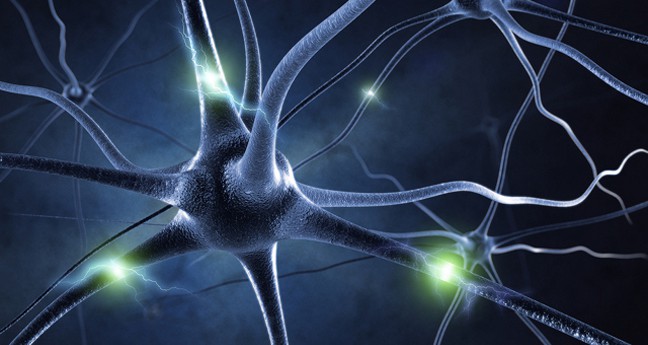
New research suggests that Parkinson’s disease may be the result of an energy crisis in brain cells that have unusually high energy needs, causing the cells to “overheat” and burn out like an “overheating motor.”
Scientists are learning more about the causes of Parkinson’s disease, a neurodegenerative condition that affects nearly one million people in the United States but for which no cure is available.
We’ve known for a while that the development of Parkinson’s is triggered by a loss of nerve cells in certain areas of the brain, causing the muscle tremors, stiffness, and slow movement that characterize the disease. What we didn’t know, however, is why those cells — also called neurons — are vulnerable.
But researchers at the University of Montreal in Canada may have just found the answer. Studying the disorder in mice, the researchers discovered that the neurons involved in Parkinson’s have a tendency to “exhaust themselves and die prematurely.” The findings, published in the journal Current Biology, point to these neurons’ high energy requirements as the underlying disease-triggering mechanism.
The researchers found that, unlike other similar brain cells, neurons most often involved in Parkinson’s disease were complex and had many more branches. The cells also had much higher energy requirements, producing more waste products as they met this need. The study says it is the accumulation of these waste products that triggers cell death.
“Like a motor constantly running at high speed, these neurons need to produce an incredible amount of energy to function,” explains lead researcher Dr. Louis-Eric Trudeau, a professor at the university’s Departments of Pharmacology and Neurosciences. “They appear to exhaust themselves and die prematurely.”
“[Parkinson’s-related neurons] appear to exhaust themselves and die prematurely.”
The complexity of these Parkinson’s-related neurons appears to be responsible for their high energy requirements, which over time exceed the cells’ capacity to produce energy, forcing them to work in overdrive and leading to brain cell ‘burnout’ and, eventually, brain cell death. “To use the analogy of a motor,” Dr. Trudeau said, “a car that overheats will burn significantly more fuel, and, not surprisingly, end up at the garage more often.”
As we age, this complexity may also make the brain cells particularly vulnerable — they are more likely to malfunction and die, triggering Parkinson’s disease, a condition that predominantly strikes later in life.
“From an evolutionary standpoint, some of our neurons are perhaps just not programmed to last 80, 90 or 100 years, as we are seeing more and more. It’s to be expected that certain parts of our body are less able to withstand the effects of time,” said Dr. Trudeau.
The team hopes the findings will produce better ways to represent Parkinson’s disease in experimental animal models, with the goal of improving scientists’ fundamental understanding of the brain mechanisms underlying Parkinson’s and other neurological disorders.
Ultimately, they hope the findings will help pave the way for new treatment options for Parkinson’s. The team suggests, for example, that medication could one day be developed to help reduce the energy requirement of cells or increase their energy efficiency, minimizing the wear and tear over time. They have already start pursuing this line of research.
